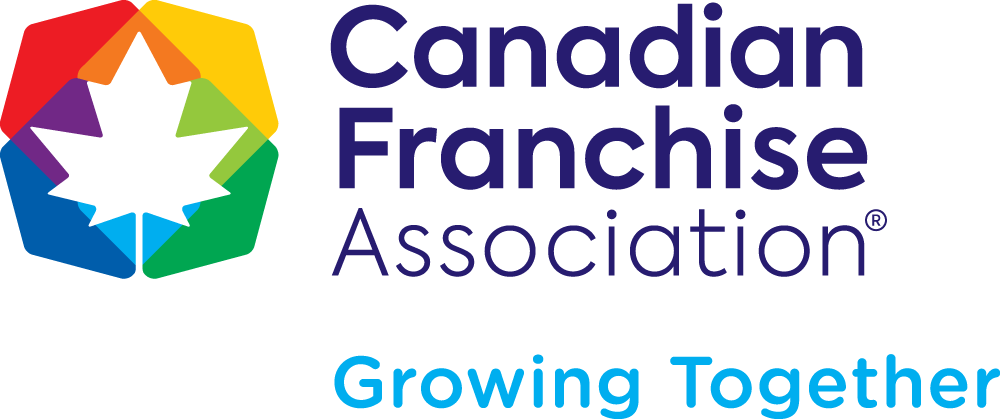INDEX:
Definitions
Required Postings
How the ESA Applies
Limitation Period for Unpaid Wages
Outcome of Complaint
MOL Powers of Investigation
Order to Pay Wages
Order for Compensation or Reinstatement
Compliance Order
Refusal to Issue Order
Notice of Contravention
Review of an ESO Decision
Settlement


